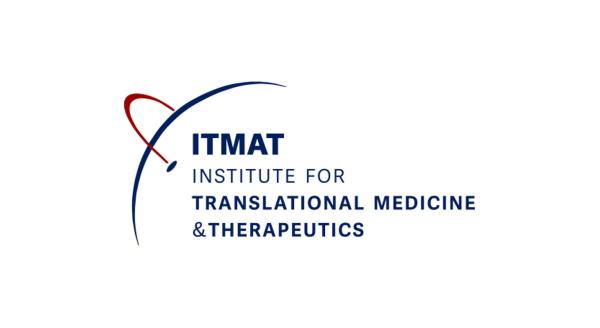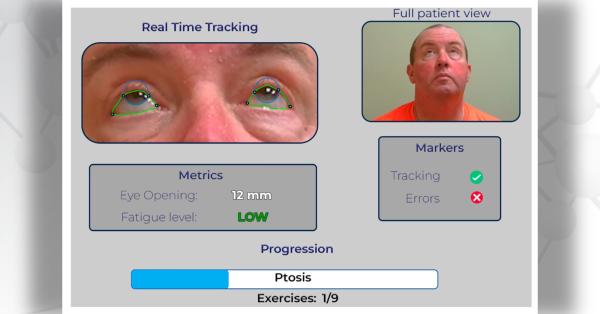Under NCATS’ leadership, the Clinical and Translational Science Awards (CTSA) Program supports a national network of medical research institutions - called hubs - that work together to improve the translational research process to get more treatments to more patients more quickly. The CTSA Program is designed to develop innovative solutions that will improve the efficiency, quality, and impact of the process for turning observations in the laboratory, clinic, and community into interventions that improve the health of individuals and the public.
In 2012, the NIH requested that the Institute of Medicine (IOM) convene a consensus committee to review the mission and strategic goals of the CTSA Program. The committee’s report, entitled “The CTSA Program at NIH: Opportunities for Advancing Clinical and Translational Research” outlined multiple opportunities for action, and provided several recommendations to guide the CTSA program going forward and ensure its success in the future. One of the recommendations was that the CTSA Program establish an “innovations fund” to promote collaborative pilot studies and other innovative initiatives, involving a combination of CTSA hubs and a variety of possible entities and stakeholders.
In response to this recommendation, as well as the NCATS Advisory Council Working Group on the IOM Report, the NCATS Division of Clinic Innovation (DCI) developed PAR-15-172, referred to as the CTSA Collaborative Innovation Awards (CCIA) program. Projects supported under this program must involve collaboration with investigators from at least three different CTSA hubs and are intended to support the development of new technologies, methods, or approaches to overcome roadblocks in translational science. Such projects can address roadblocks at any stage of the translational science spectrum, from pre-clinical studies through community/patient engagement. The CCIA program utilizes a cooperative agreement (U01) mechanism, and supports projects for up to five years, with budgets up to $1,000,000 per year in direct costs for clinical projects.
The first set of seven CCIA projects were funded last year. Of these funded projects, two are of particular relevance to rare diseases. Early Check: A Collaborative Innovation to Facilitate Pre-Symptomatic Clinical Trials in Newborns is a pilot project to allow new parents to opt-in to newborn screening for rare diseases that are not covered under the mandatory newborn screening programs run by individual states. The initial focus of this project is spinal muscular atrophy (SMA), with plans to extend the approach to Fragile X syndrome in the future.
The second project, Disseminating Curative Biological Therapies for Rare Pediatric Diseases, is a novel collaborative consortium that provides opportunities for investigators at CTSA hubs to accelerate human gene therapy clinical trials by accessing the knowledge and expertise of investigators who have successfully run such trials.
In response to early experience with the CCIA program, NCATS has recently issued an R21 version of the CCIA program under PAR-16-343. This PAR supports exploratory projects involving investigators from at least two CTSA hubs. Projects can be up to two years in duration, with a total of up to $275,000 in direct costs for the entire project.
As mentioned above, the CCIA program is intended to stimulate collaboration across CTSA hubs, and to overcome roadblocks in translational science. As such, it is not specific to rare diseases research. However, the Rare Diseases Clinical Research Network (RDCRN) Program investigators at CTSA hubs are encouraged to apply for support for rare diseases–related projects under these programs. In fact, some rare diseases–related topics have been identified as examples of topics of interests, for example, the use of telemedicine approaches in rare diseases research. Of particular relevance to the RDCRN Program, NCATS has added a specific topic of interest to PAR-15-172, which is to support clinical trials of drugs targeting shared molecular etiologies underlying multiple diseases. As noted in the presentation about the CCIA program at the 11/04/16 RDCRN Program Steering Committee in-person meeting, NCATS is interested in the potential of adapting “basket trial” designs currently used for genomically targeted oncology drugs for diseases other than cancer. Such trial designs may be particularly important for rare diseases.
Investigators from the RDCRN Program who are considering a CCIA application are encouraged to make contact (pjbrooks@mail.nih.gov) early in the process to discuss the proposed project and responsiveness to either PAR-15-172 or PAR-16-3








